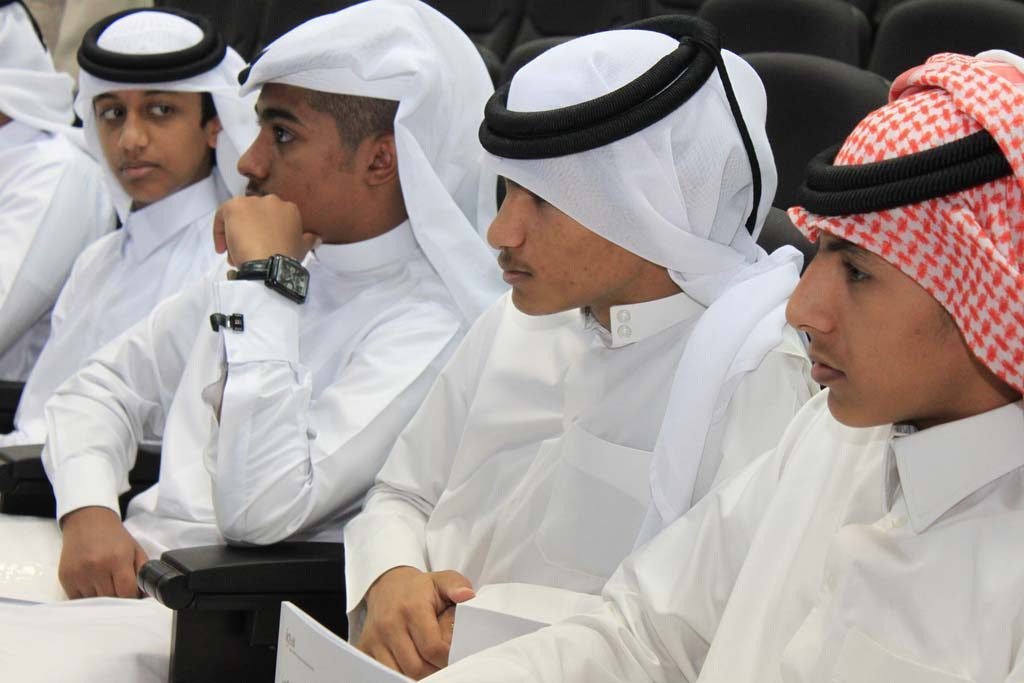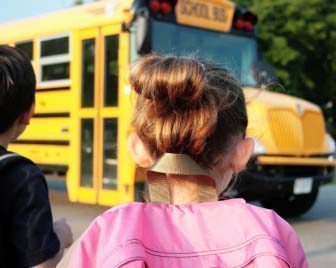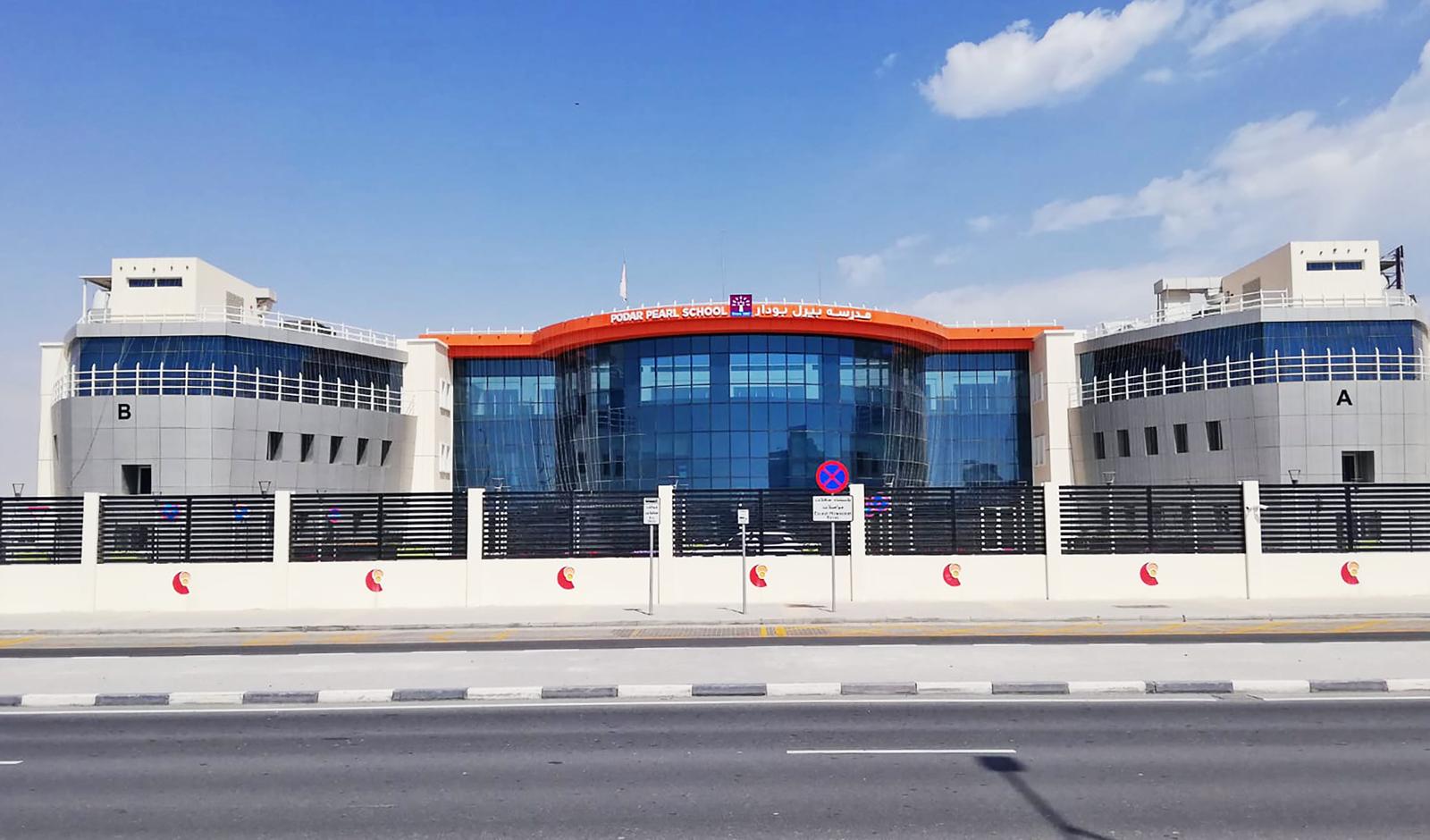
Nearly three dozen school buildings and kindergartens are expected to open this academic year in Qatar, now that construction on the facilities is complete, the public works authority Ashghal has said.
The QR1.6 billion worth of schools have been handed over to the Supreme Education Council (SEC), ahead of the start of the new academic year next month.
In addition to creating upgraded facilities for existing schools, the buildings include nine new schools that will open this coming year, catering to 6,500 extra students, the SEC said in a statement in Arabic.
They are all independent (government-run) schools and kindergartens and are in locations across Qatar, according to a list published in The Peninsula.

Independent schools primarily serve Qatari children, children of Qatari fathers and/or mothers and the offspring of GCC citizens, although some of the schools accept non-Qatari children whose parents work in the public sector.
Earlier this year, the SEC also released a list of 28 independent schools that would allow non-Qatari children with private-sector employed parents, but these are all in remote locations that have no private school option.
For the past several years, Qatar has been facing a crunch of school places, as its population continues to rise. The pressure has been more pronounced in the private education system, as the majority of non-Qataris attend fee-paying schools.
In February, the country’s education council said 14 new Indian-curriculum schools and kindergartens would be opened in an attempt to address a serious short-fall of places in existing schools.
While other private-school operators are expected to launch new schools in time for the coming academic year, the SEC has not yet officially announced how many establishments are scheduled to open or where they will be located.
New schools
The newly-constructed schools are among dozens of buildings that Qatar’s public works authority has had in the planning for the coming years. In February, Ashghal said it had signed contracts with five construction firms to build 17 new schools and six kindergartens for Fall 2016.
According to the state budget for 2014/15, a total of 85 new education projects worth QR3 billion are slated to be built.

And as part of its planning, the SEC’s director of facilities management and public services Khalid Al Hajri said in a statement that the authority has commissioned a consultancy to assess the current provision and location of all public and private schools in Qatar to ensure they meet the needs of the country’s rising population.
Built according to Ashghal’s standard two-story design, each school will have 25 classrooms for 650 children, working out at an average of 26 students in each class.
Facilities include science labs, language rooms, IT suites, art rooms, a library, sports halls and a gym, in addition to parking lots and playgrounds.
The model for kindergartens is a building with 12 classrooms for a total of 240 children and has facilities including shaded play and activity areas, rooms for music, languages and IT and a library. Outdoors, there are shaded parking spaces and shaded play areas.
All the buildings are designed to be accessible to people with special needs.
Parents’ app
Meanwhile, as part of an ongoing drive to raise standards in its public schools, the SEC has launched an app that will enable parents to track their children’s progress and achievements.

Called Ibna Una (‘our children”) the app will be available for download on iPhones and iPads from next month, The Peninsula reports.
All independent schools in Qatar will be linked to the app, which will allow parents to see their child’s performance, behavior and their rate of attendance. It will also provide a direct link to teachers.
Parents can log on with their username and password, which will be the same for all their children, and can operate the app in English or Arabic. They can also read schools’ announcements through the system.
The new technology follows previous attempts by the SEC to tackle one of the biggest issues facing Qatar’s public schools, namely absenteeism.
At the beginning of the 2014/15 academic year, Minister of Education Dr. Mohamed Abdulwahid al-Hammadi described the attendance rate at local, independent (state) schools as “unacceptable” and said that the SEC would impose strict penalties on students who took more than the permissible number of days off.

Students from Grade 4 who take more than seven days off without justifiable reason face being denied permission to sit continuous assessments and the first term exam, which form a key part of the curriculum and the results from which feed into their overall grade.
According to the SEC’s Schools and Schooling report, published in 2013, students in Qatar missed an average of 17 percent of school days across all school types (independent, private and Arab), and were late to classes 15 percent of the time.
This appears to have had an impact on students’ performance. A global index released by the OECD earlier this year put Qatar near the bottom of 76 countries across the world based on the performance of 15-year-olds in math and science.
Thoughts?







